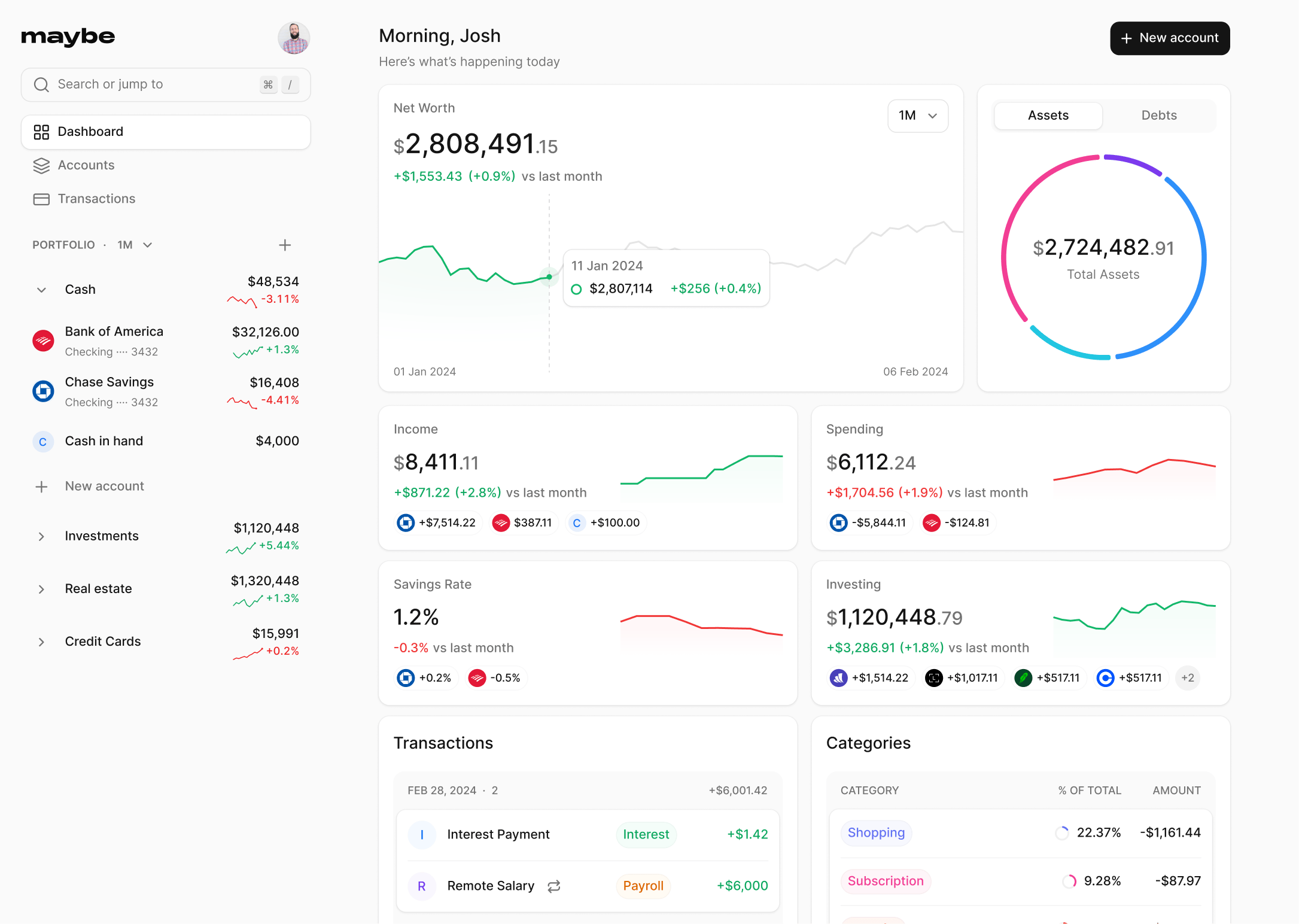Financial Terms / C - D / Commission
Commission
A commission is a service charge that a middleman such as an investment advisor, actively managed mutual fund, or broker takes from you in exchange for a specific service such as providing investment advice, investing your money, or executing trades on your behalf.
Discover more financial terms
Join the Maybe  waitlist
waitlist
Join the waitlist to get notified when a hosted version of the app is available.
